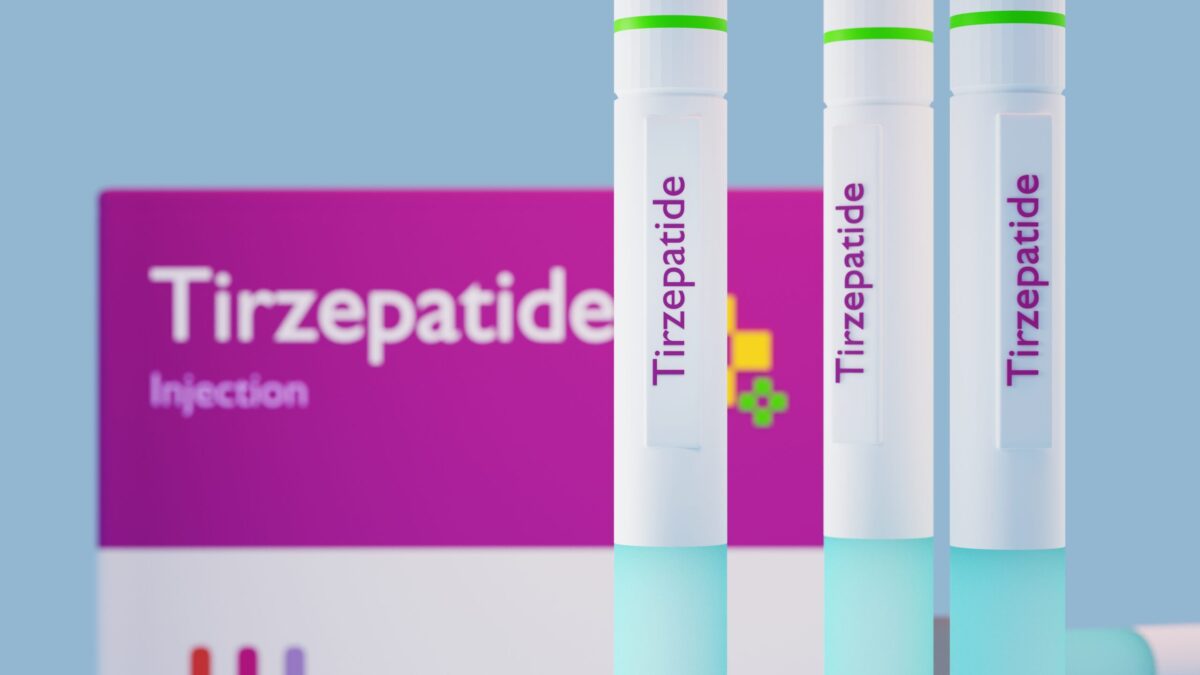Researchers at the Icahn School of Medicine at Mount Sinai have conducted a large-scale, observational study of asthma patients using the Apple ResearchKit framework and the Asthma Health app on patients’ iPhones. The study investigators published their results in the journal, Nature Biotechnology.
The approach allowed the researchers to enroll a large number of participants in the study, from across the US. In addition, the app allowed study investigators and app users to securely exchange data, and allowed to investigators to collect additional information including device data, air quality and geolocation.
“The Asthma Mobile Health study represents the coming together of academia and industry to benefit from the ubiquity of smartphones and harness the power of citizen-science to modernize the clinical research process,” said Dr. Eric Schadt, senior study author and Founding Director of the Icahn Institute for Genomics and Multiscale Biology. “We now have the ability to capture rich research data from thousands of individuals to better characterize ‘real world’ patterns of disease, wellness, and behavior. This approach provides a more comprehensive and accurate view of our patients that was not feasible in the past due to logistical limitations and prohibitive costs.”
Upon its release in March 2015, the Asthma Health app was downloaded by US residents from the Apple App Store over 40,000 times in the first six months. Of this number, 7,593 people completed the enrollment process.
In addition to initial surveys meant to establish asthma history, comorbidities and demographics, patients were prompted to complete daily surveys including asthma symptoms, medication adherence and triggers for flare-ups. The researchers reported a high response rate with 85 percent of participants completing at least one of the surveys.
Just over 2,300 users were considered to be the most robust patients as they completed multiple surveys during the six-month study. To validate this patient-reported data, the researchers compared to results to other asthma studies.
“We critically assessed the feasibility, strengths, and limitations of a smartphone-based study and found that this methodology is particularly suitable for studies of short duration that require rapid enrollment across diverse geographical locations, frequent data collection, and real-time feedback to participants,” said principal investigator Dr. Yvonne Chan, Director of Digital Health and Personalized Medicine at the Icahn Institute for Genomics and Multiscale Biology at Mount Sinai. “Our study demonstrates the power of mobile health tools to scale and accelerate clinical research so that we can derive the evidence needed to inform clinical practice and improve patient care.”
Mobile health studies and virtual clinical trials are an emerging trend in the healthcare and pharmaceutical industries. Provided that data collected from these studies is of high quality, they could present a number of benefits over traditional clinical research, including reduced patient burden and improved ability to reach global participants.












Join or login to leave a comment
JOIN LOGIN